Does Compost Need Sunlight to Break Down? Some Important Things to Know
Updated Oct. 21 2020, 5:08 p.m. ET
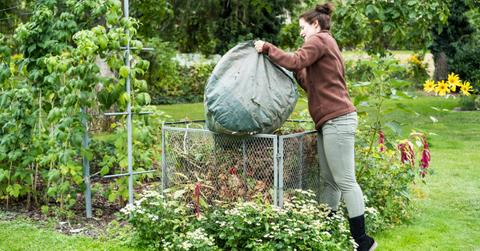
The old tagline, “reduce, reuse, recycle” seems particularly relevant here. Composting at home meets all of these criteria, and it's a great way to make a positive impact on the environment without too much fuss. The concept goes like this, instead of throwing out your food scraps, eggshells, melon rinds, stale bread, coffee grinds, etc., you simply allow those items to naturally decompose in a pile or bin somewhere in your yard. Sounds easy enough, right?
However, composting at home isn't as simple as it seems. Creating the right environment for bacterial breakdown involves several requirements such as time, temperature, and space... but what about sunlight? Many who have their own backyard composts worry about the amount of lighting their compost piles receive, because it's a seriously vital component.
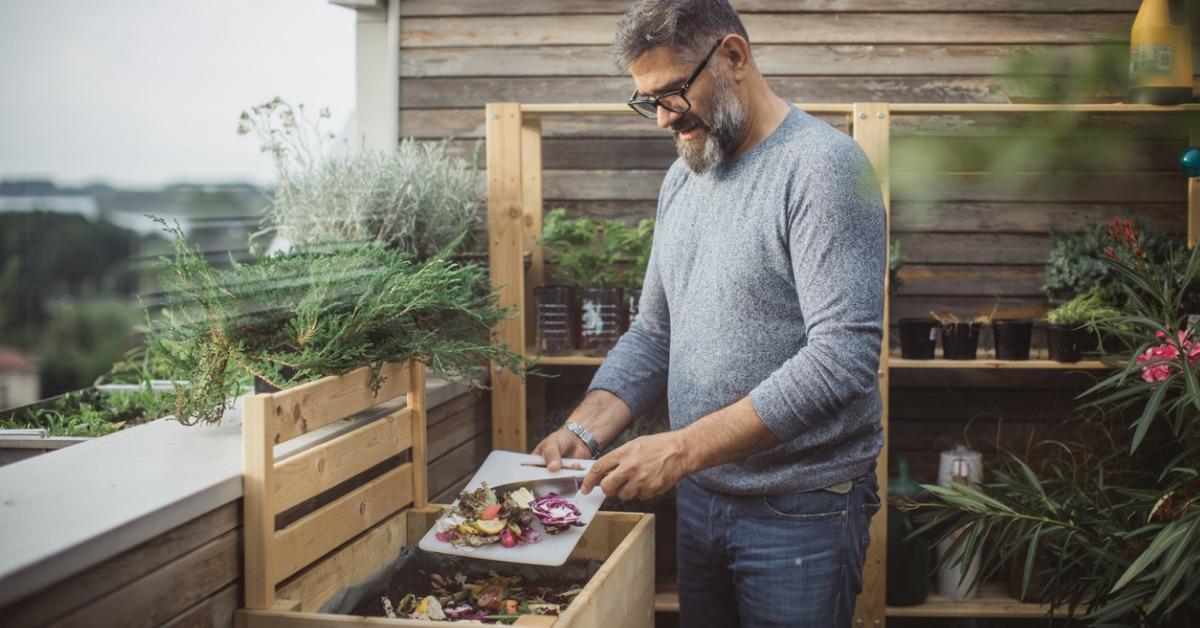
How does composting work?
Composting may seem like a new green fad, but it has been used as a means of recycling and reusing food waste for untold centuries. We discovered early on that mixing our discarded rinds, shells, and bones in the soil where we grew our new crops, would result in healthier, tastier fruits, vegetables, and grains. Native Americans even taught this same method of fertilization to the Pilgrims, as burying a fish where you planted your corn resulted in better soil, which grew better corn.
The process has changed somewhat since those days. In fact, most experts do not recommend you include meat, bones, cheese, fish, or other animal-based food products in your compost pile. It’s not that these items won’t break down — they surely will, over time — but they may end up drawing some unwanted guests into your backyard in the meantime.
These days, compost piles mostly consist of grass clippings, coffee grounds, tea bags, newspapers, vegetable clippings, and apple cores, not to mention a few dozen more items that are considered compostable. This means that those items will eventually decompose over time, reconstituting their spent nutrients into the soil itself.
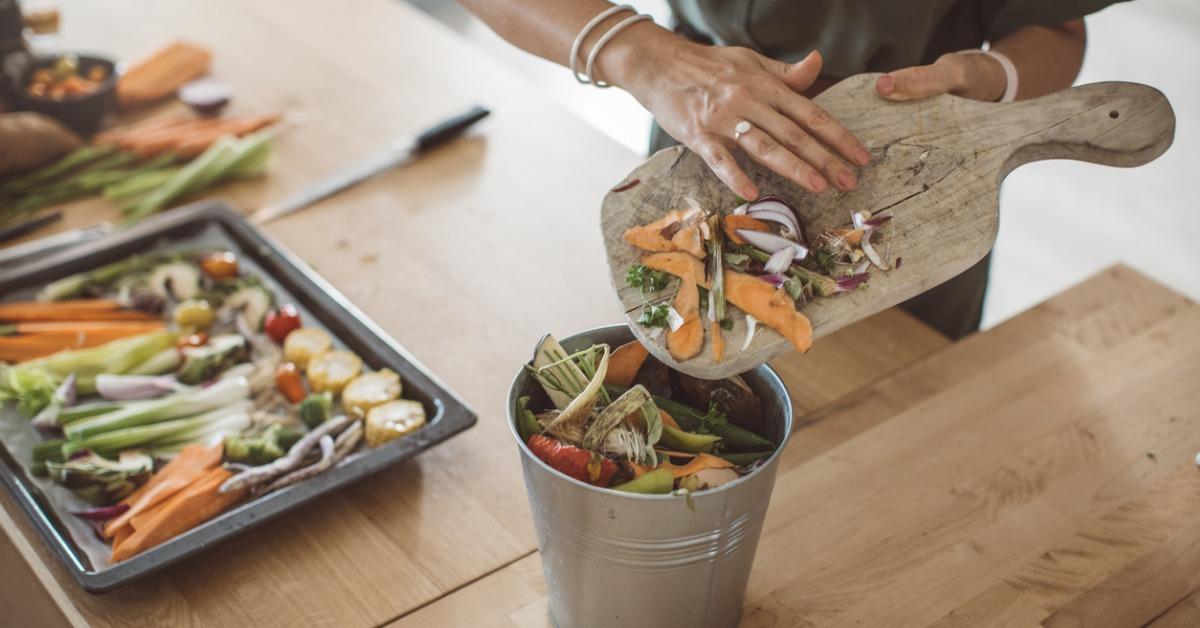
What is a compost pile used for?
In addition to reducing the amount of waste that ends up in overcrowded landfills, home composting is a great way to turn your trash into treasure. Once the bacteria have done their work, your compost pile will be perfect for fertilizing your soil and replanting your crops. Recycling is one of the easiest ways to reduce waste and recycling for a purpose in your own home, well, it’s hard to argue with that.
Does compost need sunlight to break down?
The short answer is: it depends. In the end, the amount of sunlight your compost receives won't matter nearly as much as how it's managed, and how quickly you need it to breakdown. A good compost pile or bin should be damp and slightly warm, so microbes, bacteria, bugs, and earthworms can thrive.
Your climate will largely dictate how much or how little sun your compost pile needs — if it's generally hot, you may want to keep your pile in the shade, so it stays moist and doesn’t dry out in the sun. If you’re in a colder region, however, it may be better to place the bin in direct sunlight, so the warmth can penetrate the layers.
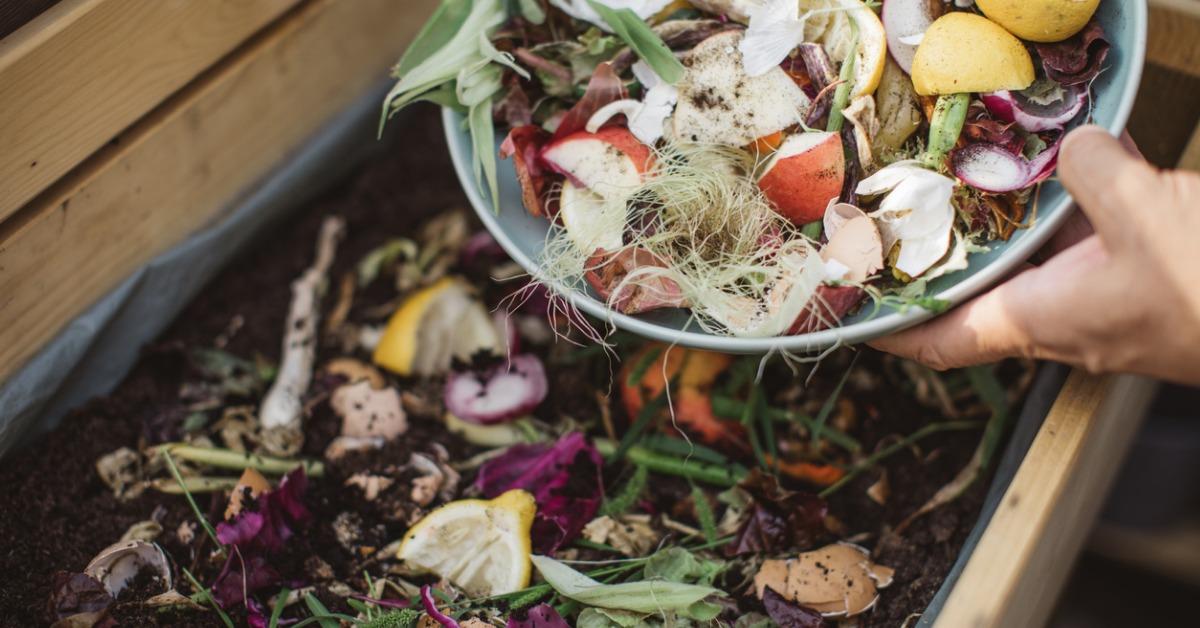
Does compost need to be hot or cold?
Cold compost also tends to take a bit longer to decompose, so this depends on how quickly you plan to need the compost or fertilizer. This cold composting method can take anywhere from 12 to 18 months. It’s sort of a “set it and forget it” type of approach. Frankly, if you’re going from harvest season to planting season, there’s no burning rush.
The other method, which is sometimes referred to as "the hot composting method," works on the principle that more heat makes compost decompose even faster. This is good for farms or communes, anywhere that crops are needed year-round. It requires a lot more heat to start and you’ll have to shred the composted material and turn it every week or so in order to get proper aeration.
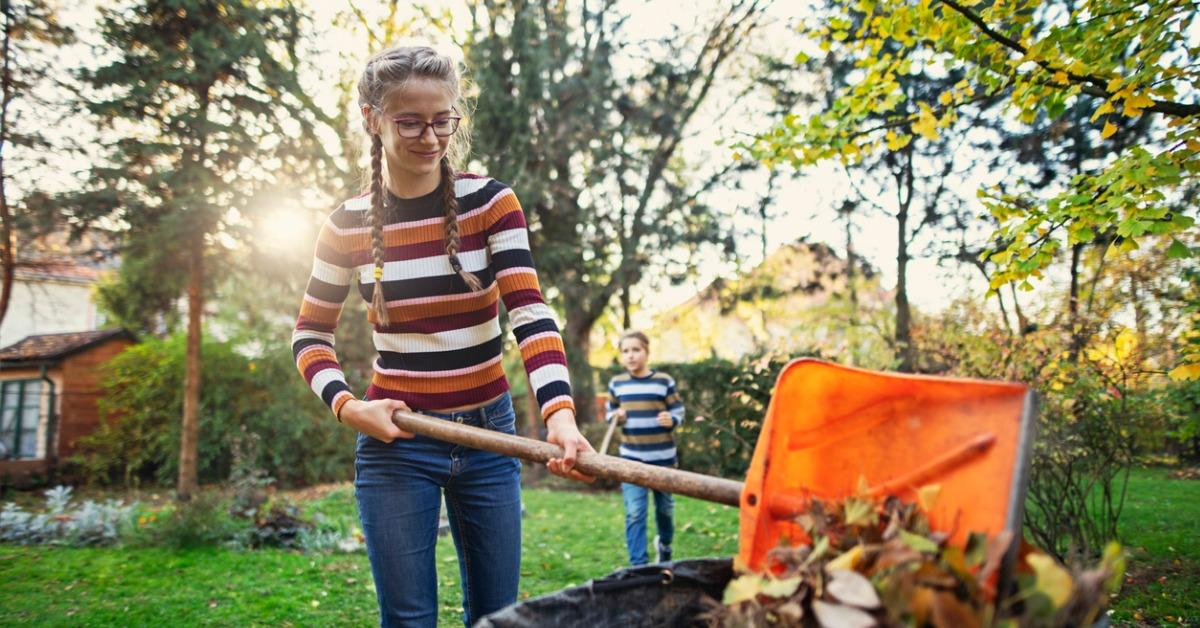
Do some things take longer to break down?
Some products take longer to break down than others. For example, thicker, heartier items such as nutshells, bones, thick-stalked weeds, and pine needles will take years to break down, whereas certain food products could weeks. That's why it's important to know what you should and shouldn't put into your compost pile.
By all means, you can compost your meat trimmings as well, but this will take much longer and result in a different type of bacterial growth... and it potentially attract one or two raccoons, so beware.